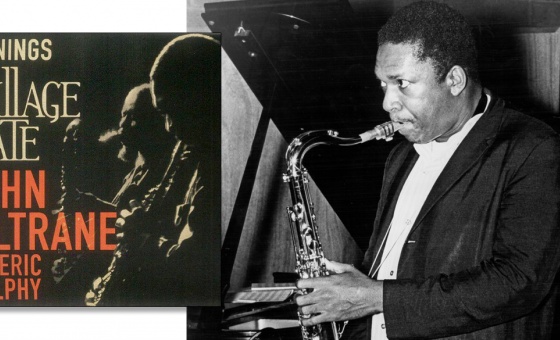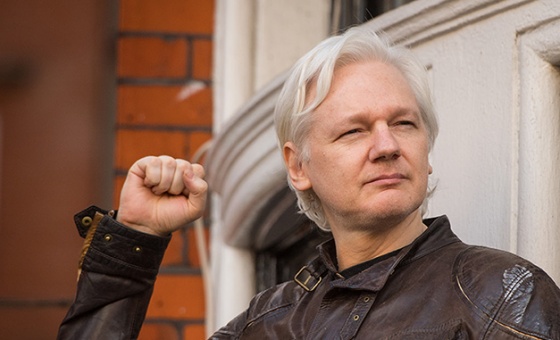This is the last article you can read this month
You can read more article this month
You can read more articles this month
Sorry your limit is up for this month
Reset on:
Please help support the Morning Star by subscribing here
READERS have probably been anxiously awaiting news from Davos, where the global elite gather annually to discuss how to change the world while leaving everything precisely the same.
The Morning Star failed to receive an invitation again. That may be as well, since the Fighting Fund wouldn’t run to the bar bill, still less the hotel charges.
So we are forced to rely on the Financial Times to advise on the mood among the very rich, the very entitled and the very keen to be seen among the rich and entitled — that’s Keir Starmer and Rachel Reeves in the last category.
They went to Davos to proclaim that under their management Britain “would be open for business.” How interested business is in the pseudo-Labour duo is unclear.
“The general reaction among the global elite to the UK was one of either indifference or sympathy,” one FT report advises.
Neither are sentiments that have the rich reaching for their cheque books. Mostly the elite seems a bit worried. “Angst is afoot” is how FT writer Gillian Tett described the mood.
Davos had long assumed that “globalisation, free-market capitalism and democracy were self-evidently good things destined to keep spreading around the world.”
Yet the world has proved disobliging, from the financial crash through to the return of great power rivalry. A Clinton-era savant complains that “the neoliberal idea of markets is no longer what dominates.”
Another FT journalist, Chris Giles, found more grounds for elite hope. The politicians he met thought things were looking up, but not the central bankers — they are worried about high levels of state spending.
Anxious of Davos is willing to agree to any measure to address world problems, from rabid inequality to climate change, as long as it does not involve surrendering power, paying more taxes or in any way disturbing their pampered and privileged life.
For decades they could rely on the unconditional support of right-wing parties like the Conservatives and the US Republicans and at least acquiescence from the neoliberalised left, of which New Labour will forever remain the rank exemplar.
Now politics are more volatile. Trumpian populism serves big business but does not exalt it. Boris Johnson’s famous “fuck business” comment is its echo in Britain. Since capital needs sycophancy to underwrite stability, this is not reassuring.
The predicament is best caught by a third Financial Times writer, and the most authoritative — long-standing commentator on political economy Martin Wolf.
Wolf’s views might be described as mildly social democratic. He believes in capitalism, but a capitalism that behaves itself. He is often exasperated by the system’s almost truculent refusal to do so.
He penned a typically penetrating and insightful essay titled “In defence of democratic capitalism.” Wolf notes that the system rests on the “radical notion” that it “seeks to separate political power from wealth.”
That is indeed a unique feature of capitalism, differentiating it from feudalism, which united political hierarchy and the relations of production in one package. Capitalism has always sought to separate the two realms, proclaiming formal equality in politics and economic coercion in production.
Wolf sees democracy and capitalism as complementary, yet also opposed. “Capitalism means one pound, one vote, while democracy means one citizen one vote.” This opposition is overcome through wealth buying political power by one means or another.
Exacerbating this, per Wolf, is the rise of a rentier capitalism which allows “a relatively small proportion of the population” to capture grossly excessive incomes using “these resources to shape the political and legal systems in their favour.”
An acute analysis. Davos is, of course, where the “one pound one vote” and rentier classes gather to game the political system still further via the supplicant Starmers.
They are not listening to Wolf, although his proposals are modest measured against the crisis he discerns.
He wants a “commitment to economic opportunity and basic security for all” and “a far greater separation of wealth from politics.” Good luck getting that through Davos.
Unintentionally, Wolf gives the game away. Recognising the present “fragility” of democratic capitalist regimes, he asserts that their “success depends on the probity and wisdom of their elites.”
Since the Prime Minister has been fined again, one of 2022’s many Chancellors has admitted avoiding tax and the chair of the BBC helped arrange a loan for the then-PM two weeks before being appointed to the broadcaster — all in one week — a plan predicated on Establishment virtue doesn’t look great.
More importantly, if the system depends on elite behaviour, it is scarcely a democracy. That is the secret of Davos — its denizens rule without any mandate except that which money bestows. Democracy or capitalism — pick one.
Learn to stop worrying…
DR STRANGELOVE is back and writing in The Observer under the name Simon Tisdall: “Fears of an escalating, even nuclear conflict … are daily trumped by the horror of Putin’s relentless butchery. Military escalation has become unavoidable.”
Strangedall, slipping effortlessly into the chair of chief Observer warmonger lately vacated by the disgraced Nick Cohen, is a weekly reminder of the evils evangelical imperial liberalism visits on the world.
Speak out on anti-semitism
TEN days ago a Jewish woman and a friend, in full Arsenal kit, were hounded from a pub in north London where they were watching a match against local rivals Spurs.
They were abused and threatened by a mob of anti-semitic men, fellow Arsenal fans, enraged when she asked them to stop chanting about “yids,” a racist insult aimed at Spurs and their supporters.
Shamefully, the pub management told the women to leave rather than their tormentors. Britain’s worst police force is investigating.
Frighteningly, one can imagine such Jew-baiting occurring almost anywhere. Arsenal does not have any particular reputation for a far-right element in its fan base, as some London clubs do. Casual anti-semitism, and its more violent forms, are both rising alarmingly.
Also worrying is that the left seems mute. I can recall pickets of pubs which refused to serve black customers decades ago. Nothing of the kind has happened here.
The incident also appears to have passed unnoticed on the websites of those organisations which campaign against racism in sport. Surely Jewish people deserve more vocal solidarity?











